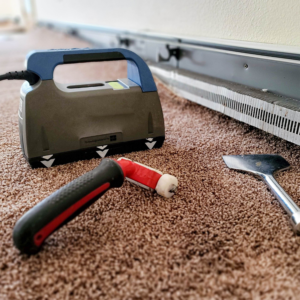How To Prevent Cross-Contamination: One of the most important aspects of running any kind of food business is health, hygiene and proper sanitation. Your reputation depends entirely upon how clean your premises is – and if customers even get a slight sense that all is not as it should be, you can bet your bottom dollar that you’ve got some bad reviews coming your way.
The hospitality sector is incredibly competitive and if you do have a series of bad reviews under your belt, especially if they relate to hygiene standards, you’re sure to start losing custom… and in this current economy with the cost of living crisis rumbling on, this could soon be the difference between the life and death of your business.
As such, it’s essential that you know exactly what your hygiene responsibilities are and what you have to do to ensure you remain compliant. To help you make sure you’re preventing cross-contamination in the kitchen, here’s some brief guidance on the subject that could prove invaluable now and well into the future.
How to prevent cross-contamination

Any and all work areas, equipment and surfaces need to be separated for food preparation so that you don’t mix raw and ready-to-eat produce. Cross-contamination occurs when bacteria is spread between food, equipment and/or surfaces and it’s most likely to be seen when raw food drips onto or comes into contact with ready-to-eat items.
Adequate cleaning and disinfecting of work surfaces is a must to help prevent issues, with all equipment cleaned properly prior to food preparation, as well as afterwards. Different equipment should be used for raw meat and poultry than for vegetables and ready-to-eat food.
Staff training is also necessary and employees should ensure that they wash their hands thoroughly before and after preparing food.
How to store food
In order to prevent cross contamination, your food storage solutions must also be appropriate. For example, raw and ready-to-eat produce should be kept separate, with raw food stored below other items in the fridge. If possible, separate fridges should be used.
Separate food prep areas should be provided, as well as separate storage facilities and different clothing and staff members for the handling of both raw and ready-to-eat produce. If the same preparation area for raw and ready-to-eat is in use, it should be disinfected thoroughly between uses each time.
Effective cleaning
One of the best strategies to employ if you’re keen to really ensure cross-contamination won’t be an issue is operating a robust cleaning schedule. Many businesses opt to invest in a professional cleaning company to help them get the job done efficiently and to the highest of standards.
If you’re currently looking for London cleaning specialists at the moment, get in touch with the team here at AEG Cleaning today to see how we can help.
FAQs Related to Prevent cross-contamination
1-What is cross-contamination, and why is it a concern in food safety?
Cross-contamination is the transfer of harmful microorganisms or allergens from one surface or food product to another, leading to potential health risks. In the context of food safety, it can result in foodborne illnesses and allergic reactions. Preventing cross-contamination is crucial to maintain the integrity of food and ensure the safety of consumers.
2-How can I prevent cross-contamination in my kitchen?
To prevent cross-contamination in your kitchen, follow these steps:
a. Use separate cutting boards and utensils for raw meats, poultry, seafood, and vegetables.
b. Wash your hands thoroughly before handling food and after touching raw meat, eggs, or other high-risk items.
c. Store raw and cooked foods separately in the refrigerator to avoid contact between them.
d. Clean and sanitize kitchen surfaces and equipment regularly, especially after handling raw foods.
e. Avoid using the same cloth or sponge for cleaning multiple surfaces to prevent the spread of bacteria.
3-Can cross-contamination occur through reusable grocery bags?
Yes, cross-contamination can occur through reusable grocery bags. If you use these bags to carry raw meat, unwashed produce, or other potential contaminants, harmful bacteria can linger and be transferred to other groceries in the bag. To prevent this, regularly clean and sanitize your reusable bags, and use separate bags for raw meats and other food items.
4-How should I handle leftovers to avoid cross-contamination?
To prevent cross-contamination with leftovers:
a. Store leftovers in shallow containers to promote rapid cooling and prevent bacterial growth.
b. Use separate containers and utensils for serving and storing leftovers to avoid contact with raw foods.
c. Reheat leftovers thoroughly to an internal temperature of 165°F (74°C) to kill any potential bacteria.
5-Is it safe to marinate raw meat in the refrigerator?
Yes, marinating raw meat in the refrigerator is safe, as long as you follow proper food safety guidelines. Always marinate meat in a covered container to prevent cross-contamination with other foods in the refrigerator. Additionally, do not reuse the marinade from raw meat without boiling it first to kill any harmful bacteria that may have been transferred during the marinating process.
If you want to avail this service and other services like carpet cleaning, upholstery cleaning, home cleaning, landlords & Airbnb, and office cleaning. You can book with us now!
























